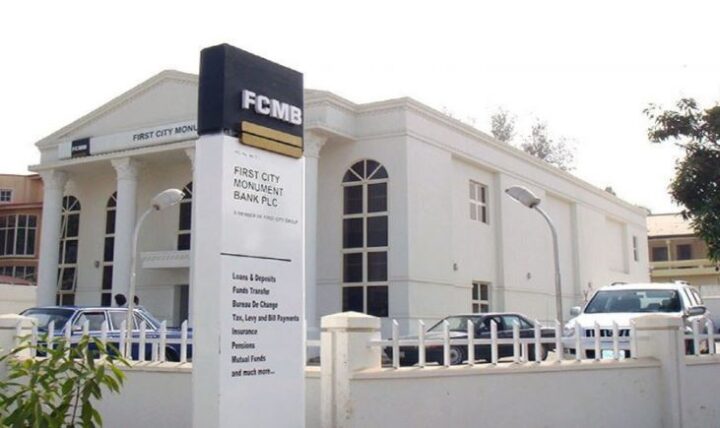Nigerian banking sector stable - CBN
The Central Bank of Nigeria has reaffirmed the resilience of the country’s banking sector, even as it introduced temporary restrictions on dividend payouts and other capital distributions for a few banks still exiting post-pandemic regulatory support.
The bank disclosed this on Tuesday in a statement by Hakama Ali, CBN’s acting director of corporate communications.
It said the measures are part of a phased strategy under the bank’s ongoing recapitalisation programme, first announced in 2023, which aims to align Nigeria’s financial system with long-term economic growth targets. Most banks, the CBN said, have either met or are on track to meet the new capital requirements well before the 31 March 2026 deadline.
“These measures are neither unusual nor cause for concern; they are a continuation of the orderly and deliberate implementation of reforms already underway,” the statement said.
The affected banks have been asked to halt dividend payments to shareholders, defer bonuses to directors and senior executives, and suspend new investments in offshore operations. The directive was earlier communicated in a 13 June circular signed by the Director of Banking Supervision, Olubukola Akinwunmi.
The CBN said the step is aimed at encouraging internal capital retention and strengthening capital buffers. While the restrictions are temporary, the banks concerned remain under close supervisory monitoring.
To support a smooth transition, the regulator said it would allow limited, time-bound flexibility within its capital framework,which is in line with international best practices. Nigeria’s capital requirements remain stricter than global Basel III minimums, the bank noted.
“These adjustments reflect a well-established supervisory process consistent with global norms,” the CBN said, adding that regulators in the U.S., Europe, and other markets have adopted similar approaches in the aftermath of financial crises.
The central bank said it would continue engaging stakeholders through the Bankers’ Committee, the Body of Bank CEOs, and other industry platforms to ensure transparency and predictability in regulatory actions.
The CBN’s latest transitional measures build on a series of policy interventions aimed at safeguarding the banking sector since the onset of the COVID-19 pandemic.
In 2020, the apex bank directed all deposit money banks to restructure loan terms and tenors for households and businesses affected by the economic disruption. This was followed by extensions of interest rate forbearance in March 2021 and again in April 2022, giving borrowers more time to recover. While the relief helped ease pressure on customers, it also exposed banks to more credit risks by delaying recognition of potential loan losses.
In 2023, the CBN took further steps to strengthen financial stability by issuing a directive that barred banks from using gains from the revaluation of the naira to pay dividends or fund operations. Instead, lenders were asked to warehouse such gains in a “Special Regulatory Reserve” until further notice.
The regulator reinforced this guidance in March 2024, warning banks against treating foreign exchange revaluation gains as reliable earnings. It stressed that the temporary nature of these windfalls, especially in the context of exchange rate unification, meant they should be retained to boost capital buffers and absorb future shocks.












